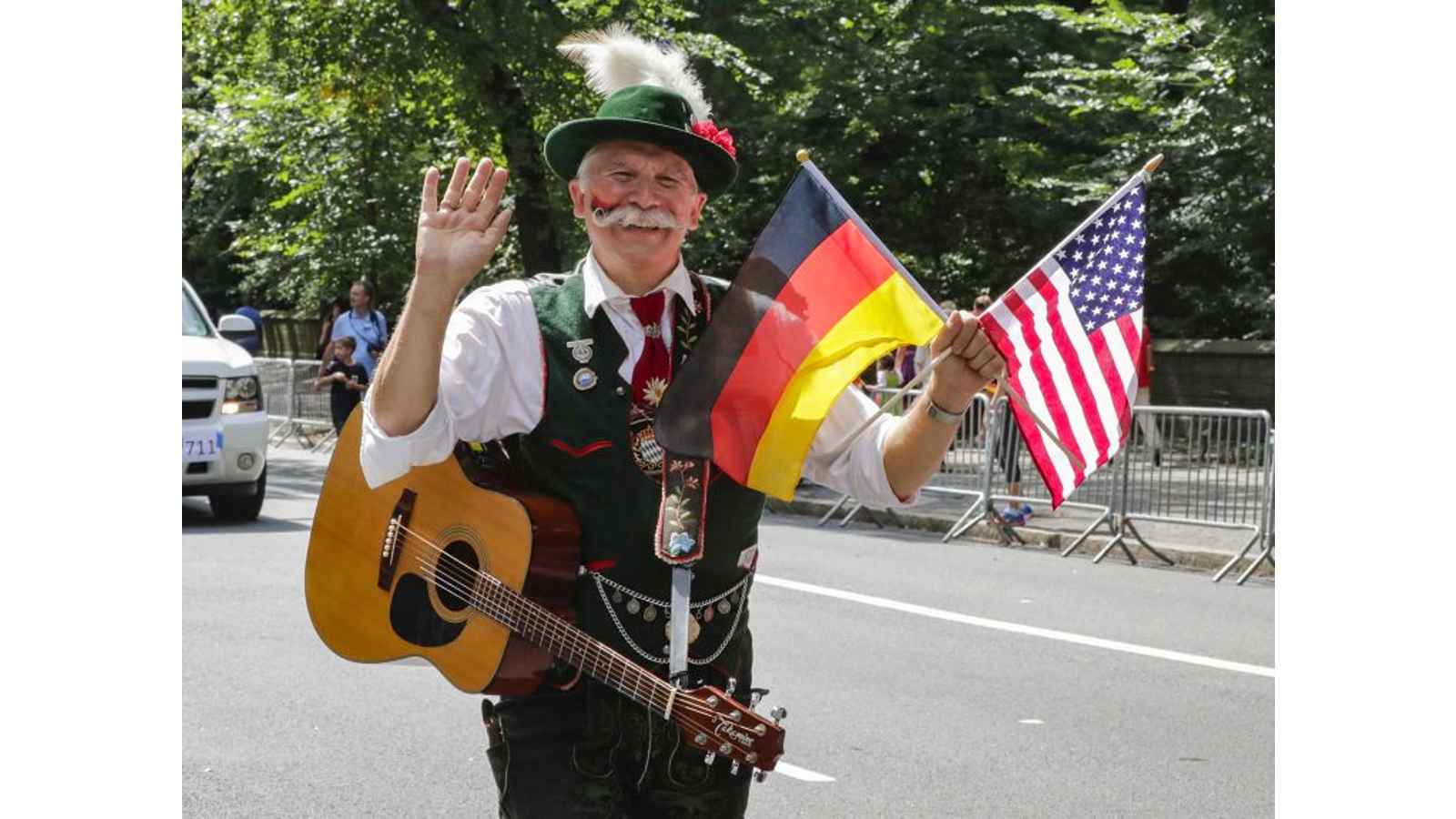German-American Day, observed on October 6, commemorates the anniversary of the arrival of the first German emigrants to the United States. German immigrants and their descendants have had a profound impact on American culture and history ever since they settled in Pennsylvania and founded Germantown. From the establishment of the first Kindergartens to the creation of the legend of Santa Claus, Germans have contributed more than you may realize! Today, we are commemorating the culture and reviewing the history of Germans in the United States.
The background of National German-American Day
German-Americans have existed in America since its inception. In 1608, several Germans were among the Jamestown colonists. German immigrants began to arrive in greater numbers around 1670, when the majority of them chose to settle in Pennsylvania and New York. Germans famously founded Germantown in Pennsylvania, and the state still has the highest concentration of German-Americans in the country.
Between 1820 and the First World War, the greatest number of German immigrants arrived. After the German Revolutions of 1848, many pursued political or religious freedom, prompting other Americans to refer to them as “Forty-Eighters.” German immigrants began to settle in the Midwest, populating Chicago, Milwaukee, Cincinnati, and other significant cities in large numbers. As a result of the anti-slavery sentiment prevalent in German culture, many Germans fought for the Union during the American Civil War.
In the early years of German immigration to the United States, the majority of the cultural influence we observe today took place. For instance, Germans introduced the tradition of Christmas trees, the delectable hamburger and pretzel, and even kindergarten during this time. German culture emphasized the significance of universal education, which had a significant impact on the development of the American education system. German businessmen such as Steinway and Studebaker established companies whose products, such as pianos and covered carriages, helped define significant eras in American history.
The First World War was a difficult period for German-Americans. Anti-German sentiment prompted politicians to fear that German-Americans would have divided loyalties and undermine American war efforts; even the President had doubts about the loyalty of those with “hyphenated Americanism.” Germans were not permitted to volunteer for the Red Cross, nor were many of their musical and artistic works performed or displayed. During World War II, more than 110,00 Germans sought refuge from oppression in the United States. Numerous Germans were interned and denied their civil rights.
By 1970, anti-German sentiment had largely dissipated, and German-Americans and other Western European immigrants shared many similarities. Today, numerous German-American cultural contributions have been so thoroughly assimilated into American culture that many individuals would be unable to identify them if they attempted. Approximately 44.2 million German-Americans make up the largest self-reported ancestry group.
Turkmenistan Earthquake Memorial Day 2023: Date, History, Facts about Turkmenistan
World Cerebral Palsy Day 2023: Date, History, Facts, How to Observe
Activities for National German-American Day
Learn about the history of Germans in the United States
By 1670, German immigrants had begun to settle in the British colonies, and they have since made significant contributions to our governance, business landscape, and culture. National German-American Day is best observed by recognizing the contributions of Germans to the America we know today.
Dine out on German cuisine
If you are unable to prepare the most authentic bratwurst and sauerkraut, visit a restaurant that can! There is no need to choose between currywurst and schnitzel; have both!
Share the hashtag #GermanAmericanDay on social media
Share it with the hashtag #GermanAmericanDay to encourage other German-Americans to talk about their culture and history.
Facts
Eisenhower became the first president with a German surname in 1952, despite the fact that Germans had populated the United States since its inception.
The New Year’s tradition of riding around and firing shoguns at midnight was an intriguing German custom that persisted in German communities across the United States.
A German immigrant founded D.G. Yuengling & Son in Pottsville, Pennsylvania, in 1829. Their most popular beer remains a German lager!
As the largest ancestry group, it is not surprising that some celebrities are proud of their German heritage! Among the German-American celebrities are Uma Thurman, Heidi Klum, Kristen Dunst, and Leo DiCaprio.
The German Belt, comprised of cities and states with significant German influence and population, stretches from the Oregon coast to Pennsylvania and includes cities like Germantown, Pennsylvania.
NATIONAL GERMAN-AMERICAN DAY DATES
| Year | Date | Day |
|---|---|---|
| 2023 | October 6 | Friday |
| 2024 | October 6 | Sunday |
| 2025 | October 6 | Monday |
| 2026 | October 6 | Tuesday |
| 2027 | October 6 | Wednesday |




